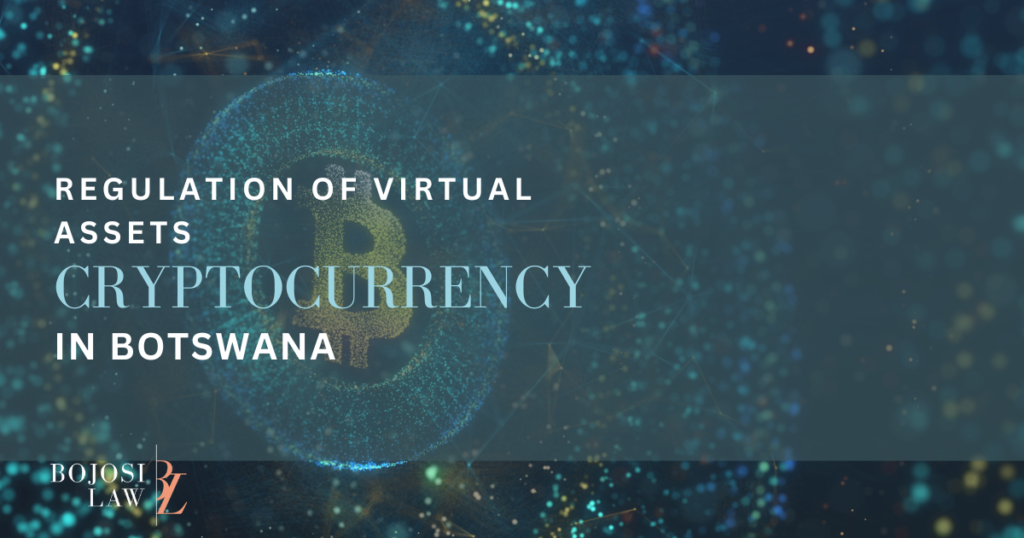On the 25 February 2022, the Virtual Assets Act of 2022 (the Act) came into effect. The Act ushered in the regulation of cryptocurrencies, a sector of the economy that has until this point been largely unregulated. As well as the sale and trade of virtual assets such as cryptocurrencies, the ambit of the Act extends to the regulation of the licensing of the virtual assets service providers which would include entities that operate cryptocurrency exchanges.
What are virtual assets?
The Act defines virtual assets as a digital representation of value that (i) may be digitally traded or transferred, and may be used for payment or investment purposes, or (ii) is distributed through a distributed ledger technology where value is embedded or in which there is a contractual right of use, and includes virtual tokens. Cryptocurrencies fall squarely within the definition of virtual assets.
It should however, be noted that virtual assets as defined in the Act, does not include (i) a digital representation of legal tender as provided for under the Bank of Botswana Act, and (ii) securities and other financial assets such as shares, that are regulated under the Securities Act of 2014.
Licensing of virtual assets service providers
The Act requires all persons who offer virtual asset services, to be licensed by the Non-Bank Financial Institutions Regulatory Authority (Regulatory Authority). This requirement to be licensed, applies regardless of where such person or legal person (as the case maybe) is located, provided their target market are persons resident in Botswana. This section therefore, makes the Act extraterritorial jurisdiction, as its ambit aims to include the regulation of providers of virtual asset services that are located outside Botswana, if they are offering services to persons resident in Botswana.
Any virtual assets service provider that fails to obtain the necessary licence will attract heavy fines and possibly imprisonment.
Before issuing a licence, the Regulatory Authority must be satisfied that:
(a) in an instance where the applicant is a natural person, the applicant is (i) a fit and proper person, and (ii) resident in Botswana; and
(b) in an instance where the applicant is a legal person, its beneficial owners, their associates and officers are fit and proper persons to carry out virtual asset business activities for which the licence is sought.
In both instances above, the applicant must demonstrate that it has adequate resources, infrastructure and staff with the appropriate competence, experience and proficiency to carry out the business activities of a virtual asset service provider.
The Regulatory Authority shall establish and maintain a public register of persons licensed to carry on a virtual asset business.
Some key ongoing obligations of a licenced virtual assets service provider
The licenced virtual assets service provider will be required to (a) act honestly and fairly; (b) act with due care, skill and diligence; (c) observe and maintain a high standard of professional conduct; (d)ensure that appropriate measures are put into place for the protection of customer’s virtual assets; and (e) have effective corporate governance arrangements consistent with the Act.
The licensed virtual assets service provider will be required to implement and maintain measures for preserving the confidentiality of information of customers and this includes implementing data protection measures consistent with the Data Protection Act.
The licensed virtual assets service provider will also be required to ensure that it:
- has in place systems and controls that are adequate and appropriate for the scale and nature of the business activities, including systems and controls which adequately and appropriately address the
- recording, storing, protecting and transmission of information;
- effecting and monitoring of transactions;
- operation of the measures taken for securing the timely discharge, whether by performance, compromise or otherwise, of the rights and liabilities of the parties to the transaction;
- safeguarding and administration of virtual assets belonging to customers; and
- business continuity and planning, in the event of a disruption of a virtual asset service.
- maintains, in its custody, a sufficient amount of each type of virtual asset in order to meet the licence holder’s obligations to the customer; and
- meets all financial requirements, as may be prescribed by the legislation.
The licensed virtual assets service provider will be required to publish a white paper which shall provide full and accurate disclosure of information about the virtual assets on offer which would enable potential purchasers to make an informed decision. Typically, the information would include two major aspects of a crypto project, its purpose and the technology behind it.
The white paper should be published on the licence holder’s website where it is readily accessible to, and downloadable by, potential purchasers for the duration of the offer period and for not less than 14 days after the offer period ends, or the white paper may be published in a newspaper circulating in Botswana or the Government Gazette.
Not later than three months after the close of the financial year of the licensed virtual assets service provider, the licensed virtual assets service provider is required to file with the Regulatory Authority an audited financial statement, in respect of all transactions related to the licence holder’s virtual assets business activities.
Persons operating a virtual assets business prior to the commencement of the Act
A person that is carrying on a virtual assets business prior to the commencement of the Act is required to apply to the Regulatory Authority for licencing, not later than three months after the commencement of this Act or such person shall be in breach of the Act.
For persons wishing to find out more above the regulations applicable to a virtual assets business, please contact Bojosi Law at info@bojosilaw.co.bw .

